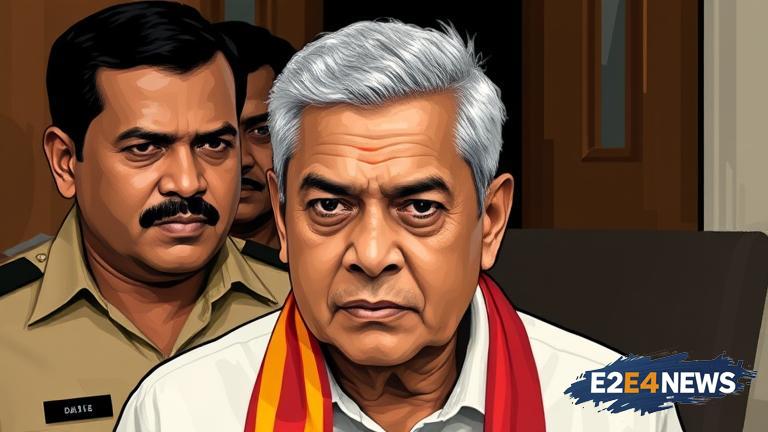In a significant development, Sri Lanka’s former President Ranil Wickremesinghe has been granted bail in a high-profile corruption case. The case, which has been ongoing for several months, revolves around allegations of corruption and mismanagement of state funds during Wickremesinghe’s tenure as Prime Minister and President. The Colombo High Court granted Wickremesinghe bail, citing a lack of sufficient evidence to detain him further. The decision has sparked mixed reactions from the public and opposition parties, with some hailing it as a victory for justice and others criticizing it as a move to protect the former President. Wickremesinghe’s lawyers argued that the allegations against him were baseless and that he was being targeted for political reasons. The prosecution, on the other hand, claimed that Wickremesinghe had misused state funds and engaged in corrupt practices, causing significant losses to the state. The case has been widely followed in Sri Lanka, with many seeing it as a test of the country’s commitment to fighting corruption and ensuring accountability. Wickremesinghe, who served as Prime Minister from 2015 to 2019 and as President from 2022 to 2023, has denied all allegations of corruption and maintains that he is innocent. The former President’s bail has been set at a significant amount, and he has been ordered to appear in court on a regular basis. The case is expected to continue, with the prosecution presenting its evidence and Wickremesinghe’s lawyers defending him against the allegations. The outcome of the case is likely to have significant implications for Sri Lanka’s political landscape, with many seeing it as a key factor in determining the country’s future direction. The case has also sparked debate about the role of the judiciary in ensuring accountability and the need for greater transparency in government dealings. As the case continues, many are watching with bated breath, eager to see how it will unfold and what implications it will have for Sri Lanka’s future. The country has been plagued by corruption and mismanagement, and many see this case as a crucial step towards addressing these issues. The international community is also watching the case closely, with many seeing it as a test of Sri Lanka’s commitment to good governance and the rule of law. The case has been widely covered in the media, with many outlets providing in-depth analysis and commentary. The public is also eagerly following the case, with many taking to social media to express their opinions and reactions. As the case continues, it is likely that there will be many more twists and turns, and it remains to be seen how it will ultimately be resolved. The outcome of the case will have significant implications for Sri Lanka’s political landscape, and it is likely to be a major factor in determining the country’s future direction. The case is a reminder of the importance of accountability and the need for greater transparency in government dealings. It is also a testament to the strength of Sri Lanka’s judiciary and its commitment to upholding the rule of law. The case has sparked debate about the role of the opposition in ensuring accountability and the need for greater cooperation between different branches of government. As the case continues, it is likely that there will be many more developments, and it remains to be seen how it will ultimately be resolved.
